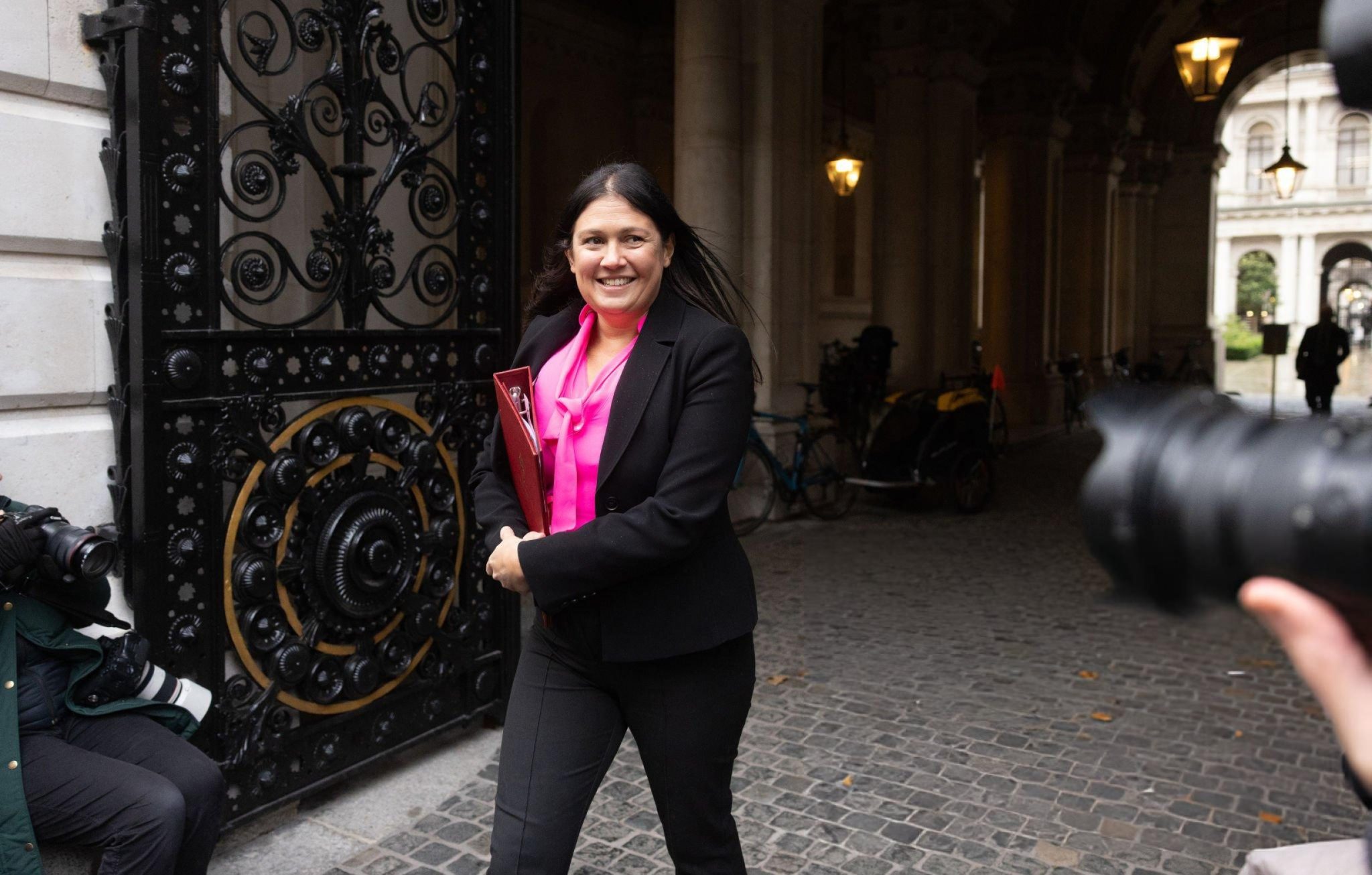Labelling arts courses as “Mickey Mouse” degrees during a period of unprecedented growth in the UK film and television industry was an act of economic madness, Culture Secretary Lisa Nandy has said.
Ahead of her visit to Stratford-upon-Avon, the birthplace of William Shakespeare, Ms Nandy emphasised the critical role of arts and culture in driving economic growth. She argued that targeted support for the sector would create jobs, boost investment, and unlock new opportunities across the country.
Speaking to Sky News, she said:
“This is one of the fastest growing industries in the United Kingdom, a great source of jobs and growth whether it’s film, music, TV, or literature. We export to the rest of the world and have companies clamouring to invest here.
And with the right sort of targeted support, we can ensure we create those jobs, drive growth, and allow every part of our country to enjoy the arts and develop the next generation of storytellers.”
A decade of neglect for the arts
Ms Nandy criticised the previous Conservative government, describing the last decade as “disastrous” for the arts. She claimed that culture had been erased from classrooms and communities, leading to a sharp decline in arts education.
“We’ve seen a narrowing of the curriculum, government ministers branding arts subjects ‘Mickey Mouse’ subjects, and the number of students taking arts GCSEs has dropped by nearly 50%.
At a time when the likes of Warner Bros, Amazon, and Disney are looking to invest more in the UK, when the film industry is taking off in places like Sunderland at Crown Works Studios, it’s economic madness to undermine arts education.
But beyond the economy, this is about taking from a generation what is theirs by birthright – the chance to live richer, larger lives and to access the arts.”
Investment to revive the sector
During her visit to Warwickshire on Thursday, Ms Nandy will announce a 5% budget increase for all national museums and art galleries. She will also unveil an £85 million Creative Foundations Fund, designed to support urgent capital works and ensure venues remain open across the country.
Additionally, she will outline a £270 million investment to “begin to fix the foundations of our arts venues” in a lecture at the Royal Shakespeare Company’s The Other Place.
“We are determined to escape the deadening debate about access or excellence, which has haunted the arts ever since the formation of the early Arts Council.
The arts is an ecosystem which thrives when we support the excellence that exists and use it to level up.”
The arts: A gift to future generations
Ms Nandy spoke about her personal connection to the arts, recalling how visits to the theatre with her father, a former National Theatre board member, shaped her love for culture.
“I love all of it – the sound, the smell, the feel of the theatre. I love how it makes me think differently about the world.
Most of all, I love the gift that our parents gave us, that we always believed these are places and spaces for us.
I want every child in the country to have that feeling, because Britain’s excellence in film, literature, theatre, TV, art, collections, and exhibitions is a gift.
It’s part of our civic inheritance, and as its custodians, it’s up to us to hand it down through generations – not as something static, but as a living, breathing bridge between the past, present, and future.”
A response to previous government policies
Ms Nandy’s comments come in direct opposition to the Conservative government’s past approach to higher education. The previous administration had promised a crackdown on “rip-off” degree courses, restricting university recruitment for courses with high dropout rates or poor job prospects.
However, Ms Nandy argued that arts education should not be dismissed as non-essential, especially given the industry’s booming demand for skilled workers.
“While talent is everywhere, opportunity is not. This cannot continue.
That is why our vision is not access or excellence, but access to excellence. We will accept nothing less – and this country needs nothing less.”
With the UK’s arts and culture sector contributing billions to the economy, Ms Nandy’s announcements signal a clear policy shift towards investing in creative industries, ensuring the next generation of artists, writers, filmmakers, and musicians have the opportunities they deserve.







